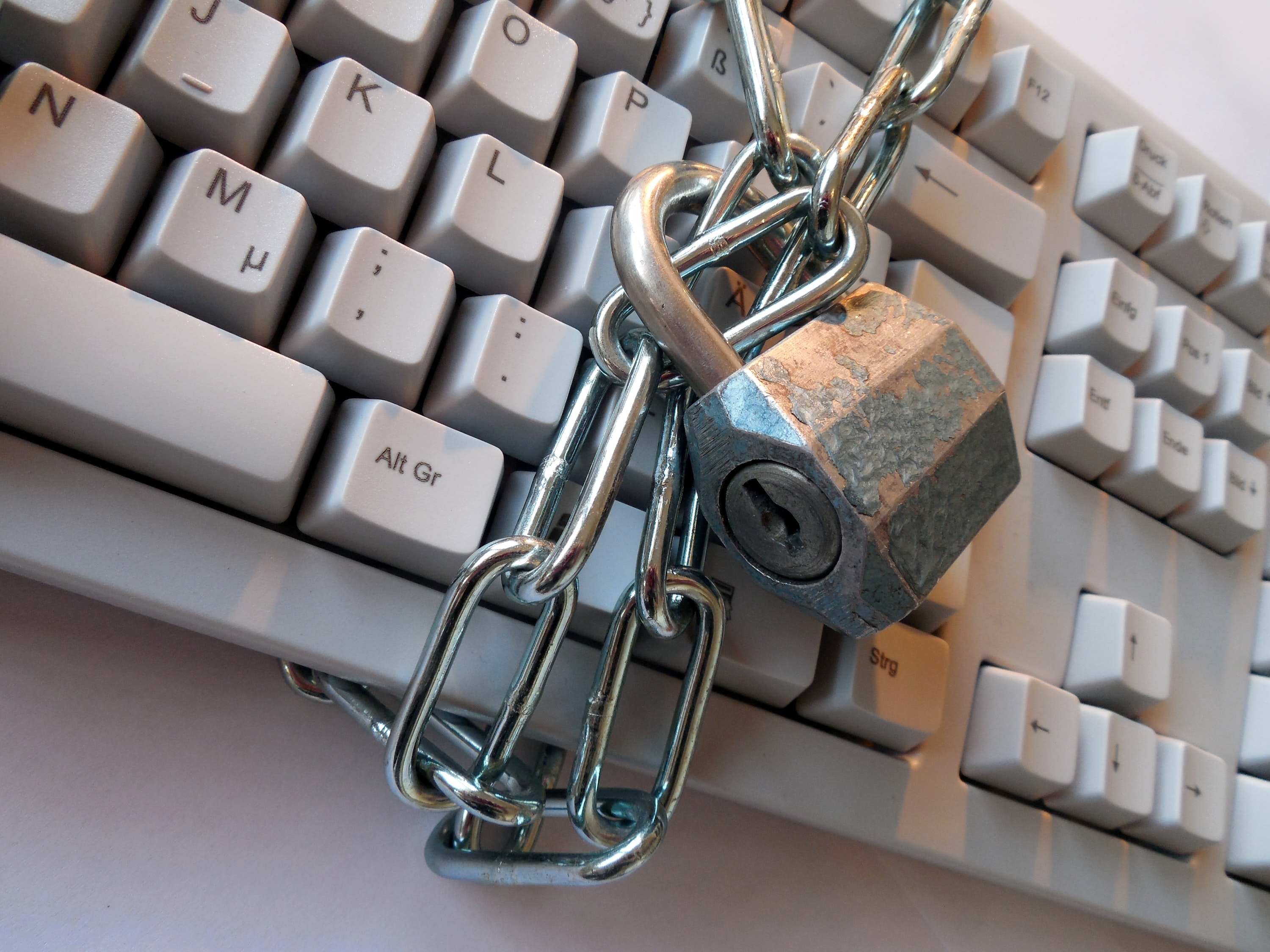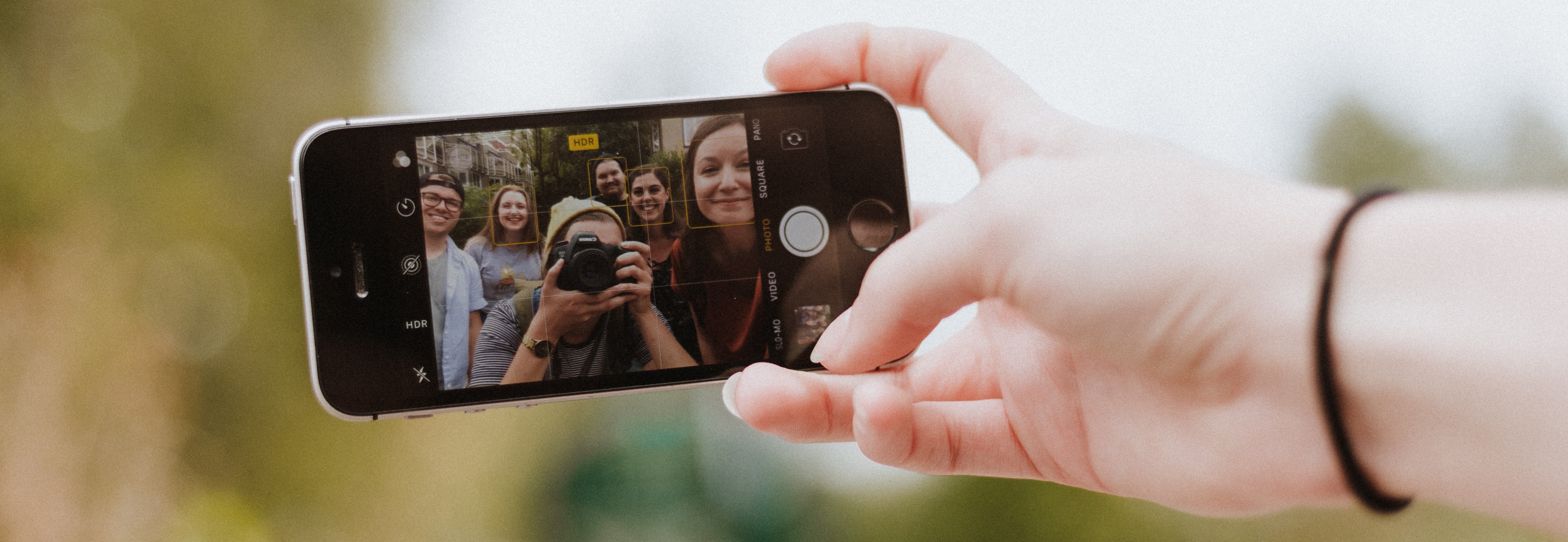Het arrangement Digital license 'Student' is gemaakt met Wikiwijs van Kennisnet. Wikiwijs is hét onderwijsplatform waar je leermiddelen zoekt, maakt en deelt.
- Auteur
- Laatst gewijzigd
- 07-12-2020 13:14:23
- Licentie
-
Dit lesmateriaal is gepubliceerd onder de Creative Commons Naamsvermelding 4.0 Internationale licentie. Dit houdt in dat je onder de voorwaarde van naamsvermelding vrij bent om:
- het werk te delen - te kopiëren, te verspreiden en door te geven via elk medium of bestandsformaat
- het werk te bewerken - te remixen, te veranderen en afgeleide werken te maken
- voor alle doeleinden, inclusief commerciële doeleinden.
Meer informatie over de CC Naamsvermelding 4.0 Internationale licentie.
Aanvullende informatie over dit lesmateriaal
Van dit lesmateriaal is de volgende aanvullende informatie beschikbaar:
- Eindgebruiker
- leerling/student
- Moeilijkheidsgraad
- gemiddeld
- Studiebelasting
- 4 uur 0 minuten



 Do you remember the game ‘Who am I?’ on the right? In this game, you combine various kinds of personal data, so you can eventually guess the identity of the person concerned correctly. It works the same way with your own personal data. The mere fact that you have brown hair is not personal data, but it is considered personal data if you are the only person in your class with that colour hair. On its own, your first name is in many cases insufficient to be able to identify you, but it is enough if your last name and house number are also known.
Do you remember the game ‘Who am I?’ on the right? In this game, you combine various kinds of personal data, so you can eventually guess the identity of the person concerned correctly. It works the same way with your own personal data. The mere fact that you have brown hair is not personal data, but it is considered personal data if you are the only person in your class with that colour hair. On its own, your first name is in many cases insufficient to be able to identify you, but it is enough if your last name and house number are also known. The education institution is in turn allowed to share certain data with other parties. This can include sharing your email address with the Education Executive Agency (DUO) so that it will be able to contact you about your student grant, or your study progress with an education institution abroad if you will be doing part of your study programme there. Your education institution must clearly state which of your data it stores, for what purpose it requests that data and with whom it will share the data.
The education institution is in turn allowed to share certain data with other parties. This can include sharing your email address with the Education Executive Agency (DUO) so that it will be able to contact you about your student grant, or your study progress with an education institution abroad if you will be doing part of your study programme there. Your education institution must clearly state which of your data it stores, for what purpose it requests that data and with whom it will share the data.  No matter where you work, whether it be on the train, on the bus, at home or at the education institution, make sure that no one can peek at your screen or files while you are working – not because you are necessarily always working with top secret information, but so that you can teach yourself to be careful about this.
No matter where you work, whether it be on the train, on the bus, at home or at the education institution, make sure that no one can peek at your screen or files while you are working – not because you are necessarily always working with top secret information, but so that you can teach yourself to be careful about this.  You produce new data on a daily basis: emails, files, photos and video clips. You in turn share many of those files with one or more other people. Make sure you are always in control of who has access to which of your files.
You produce new data on a daily basis: emails, files, photos and video clips. You in turn share many of those files with one or more other people. Make sure you are always in control of who has access to which of your files. How do you want others to deal with your personal data? Exactly, verrrrry carefully. So take others into consideration, as you would have others take you into consideration in the handling of your personal information.
How do you want others to deal with your personal data? Exactly, verrrrry carefully. So take others into consideration, as you would have others take you into consideration in the handling of your personal information. 

